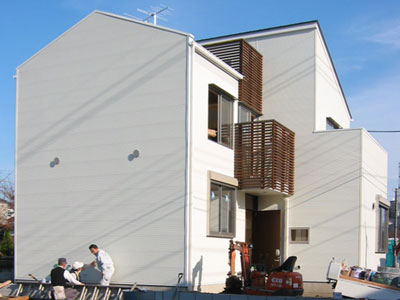Water Heater Cost Debate: Repair or Replace
페이지 정보
작성자 Lacy 작성일 25-09-12 06:58 조회 9 댓글 0본문
The decision can feel overwhelming, especially when you weigh cost, potential downtime, and long‑term reliability.
Below is a practical guide that breaks down the key considerations and helps you decide which option is most suitable for your household.
Fundamentals of Water Heaters

A water heater is basically a storage tank that keeps hot water for your kitchen, bathroom, laundry, and more.
The two dominant types are tank and tankless (on‑demand).
Most traditional homes use tank units, but the decision between repair and replacement applies to either type.
Typical Repair Costs
Repair costs vary widely depending on the problem. Common issues include:
Sediment accumulation that lowers heating efficiency (usually fixed with a simple drain and 名古屋市東区 エコキュート 交換 flush)
Corroded heating elements (replacement costs $100 to $250)
Leaking valves or fittings (generally $150 to $350)
Faulty thermostats or control panels (often $200 to $500)
These estimates cover both parts and labor.
If a repair is needed for a tank water heater, the average cost usually falls between $200 and $600.
For a tankless unit, repairs tend to be costlier—usually $400 to $800—due to more complex components and harder access.
Cost of Replacing a Water Heater
Replacing a water heater often requires a larger investment.
For a standard 40‑gal tank, the total cost (unit plus installation) generally ranges from $700 to $1,200.
A newer, high‑efficiency model can increase that figure to $1,200–$1,800.
Tankless units are pricier upfront: a 50‑kW system can cost $2,500 to $4,000, with installation.
Installation costs are usually the biggest variable.
A skilled plumber can install a tank unit in an hour or two for a few hundred dollars, whereas a tankless unit may require venting, electrical upgrades, and plumbing modifications that add several thousand dollars to the bill.
Age and Condition Are Key
Age is a key indicator for whether to repair or replace the unit.
Most conventional tank heaters last 8–12 years, whereas tankless heaters can endure 15–20 years with proper maintenance.
If your water heater is close to the upper end of its expected lifespan, the cost and risk of another repair exceed the benefit of a new installation.
Efficiency and Operating Costs
{Newer water heaters are typically more energy‑efficient, meaning they use less electricity or gas to heat the same
- 이전글 20 Trailblazers Leading The Way In Driver's License Application Costs Bavaria
- 다음글 Guide To Car Locksmiths Near Me: The Intermediate Guide On Car Locksmiths Near Me
댓글목록 0
등록된 댓글이 없습니다.